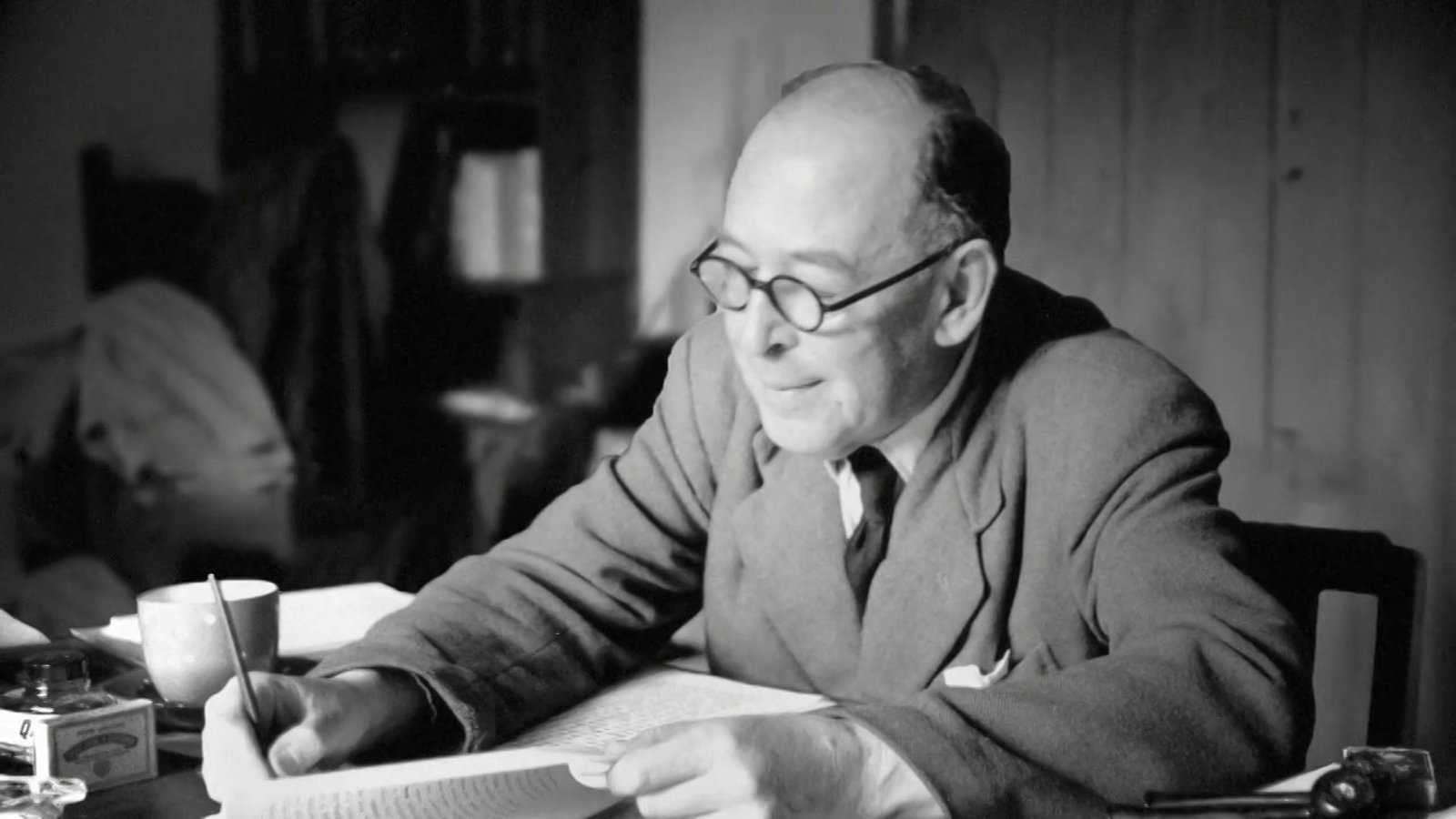December 20, 2022
C.S. Lewis: How ‘Medieval’ Was He?
When it comes to evaluating C.S. Lewis’ engagement with medieval authors, Jason Baxter performs the heavy lifting with ease, almost with wings. The Medieval Mind of C. S. Lewis: How Great Books Shaped a Great Mind comprises, in effect, a sequence of primers on major and minor figures—Boethius, Pseudo-Dionysius, Calcidius, Dante, Nicholas of Cusa, Bernard Sylvestris, inter alios—while it traces their imprint on Lewis’ writings. Continue Reading...
